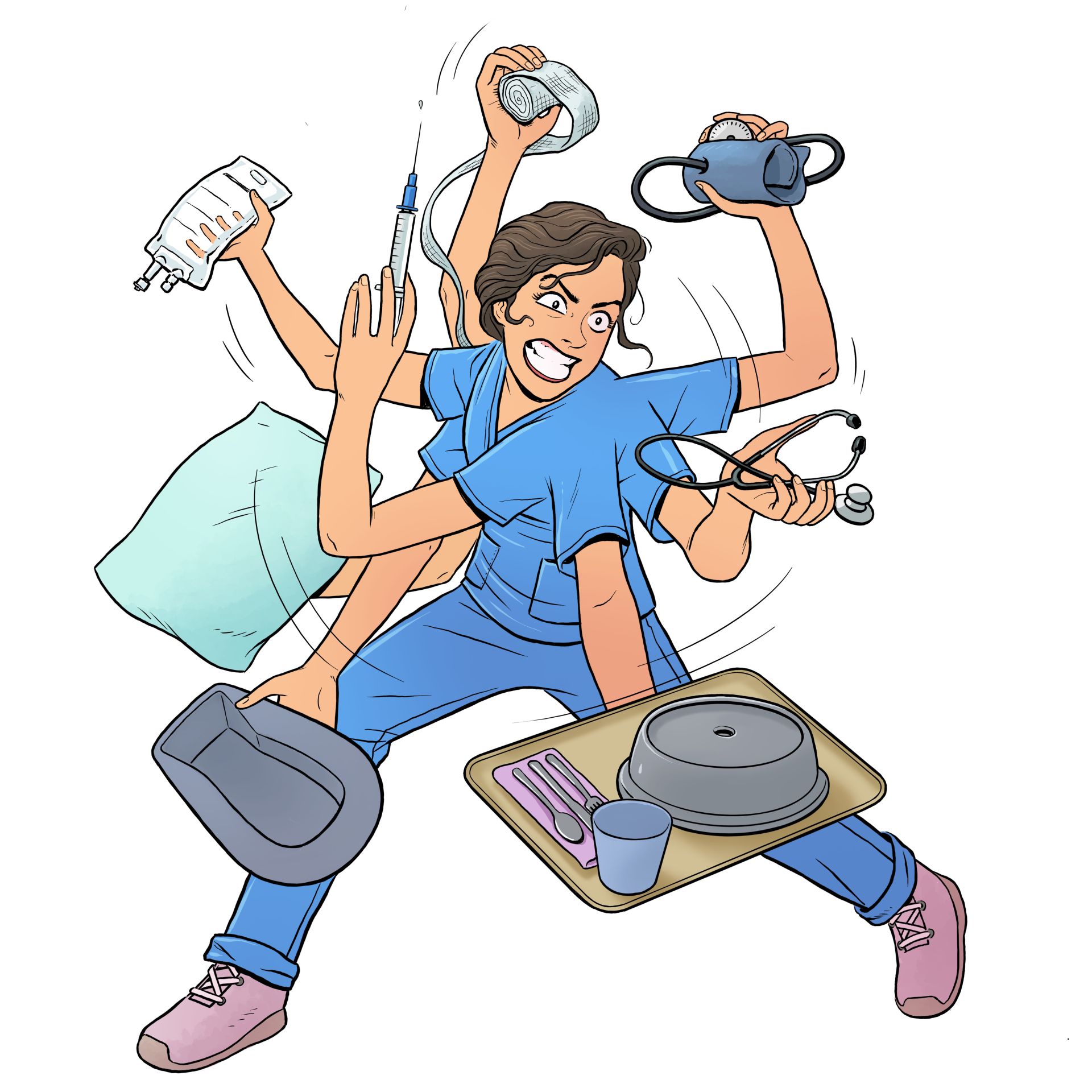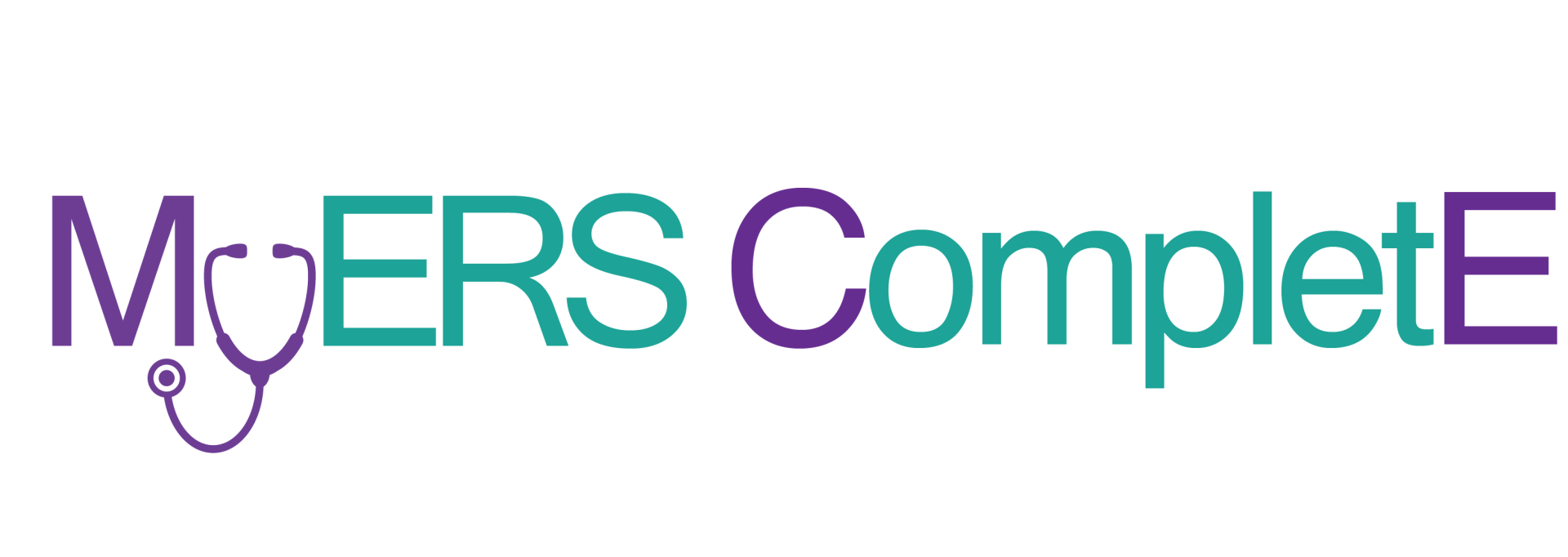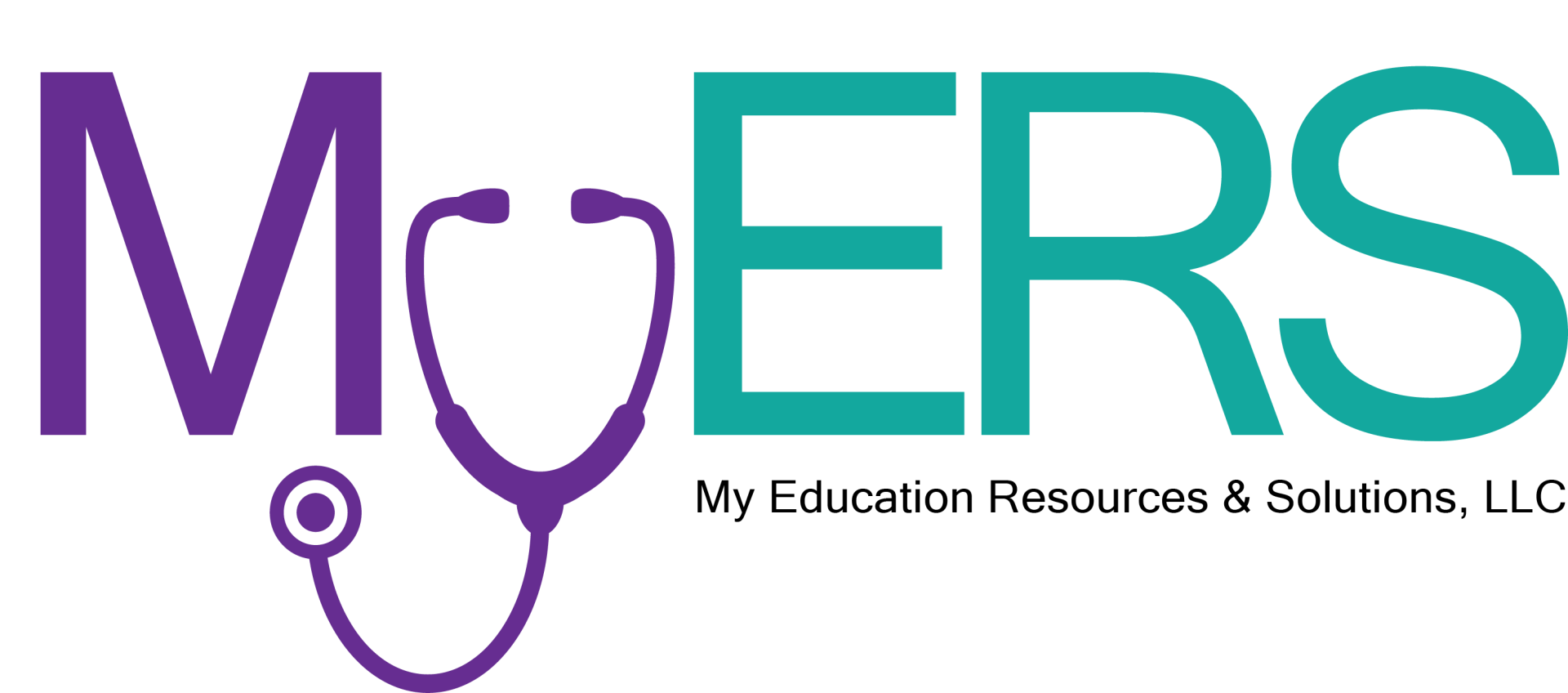Overloaded and Overwhelmed | How the Nursing Shortage Puts Patients at Risk
Jan 27

Overloaded and Overwhelmed | How the Nursing Shortage Puts Patients at Risk
Nurses rush through overcrowded hospital halls, struggling to juggle double the patients they should be assigned. Overwhelmed and behind on tasks, a busy nurse fails to notice a patient’s plummeting blood pressure. In another ward, an exhausted nurse accidentally mixes up medication dosages. These real-life scenarios are increasingly common and underscore a growing crisis in healthcare - the severe national nursing shortage.
Currently, there are over 3 million licensed RNs in the United States. But experts warn we could face a deficit of over 1 million nurses by 2030. An aging workforce nearing retirement is colliding with a surge in aging baby boomers who require more care. Other nurses exit due to immense burnout from untenable workloads. The American Nurses Association reported that 75% of RNs feel the nursing shortage impacts their ability to properly care for patients. From routine care to medical emergencies, the quality and safety of healthcare profoundly suffers when overburdened nurses cannot deliver.
So what does this mean for patients? Study after study demonstrates clear links between inadequate nurse staffing and poor patient outcomes - higher rates of readmission, medical errors, infections, falls, even mortality. Nurses are often the first to notice subtle signs of complications. But stretched too thin, nurses cannot monitor patients closely or provide the level of assessment, education and emotional support they would otherwise. The consequences can literally be a matter of life or death.
As nurses, we feel immense frustration when staffing shortages prevent us from practicing to the full potential of our training. Compassion fatigue has caused over 500,000 seasoned nurses to leave bedside care. We must stem this mass exodus and recruit new nurses to address population health needs. Join us in advocating for policy changes that improve nurse-patient ratios, education funding, wages, and workplace culture. The health of our nation depends on the wellbeing of nurses. While the current state seems dire, there is hope for change.
Contact
-
My Education Resources and Solutions, LLC
-
PO Box 39566
Greensboro, NC 27438 -
hello@myerscomplete.com
-
(336) 988-7076
Become a member
Your gateway to advanced, cloud-based CE solutions.

